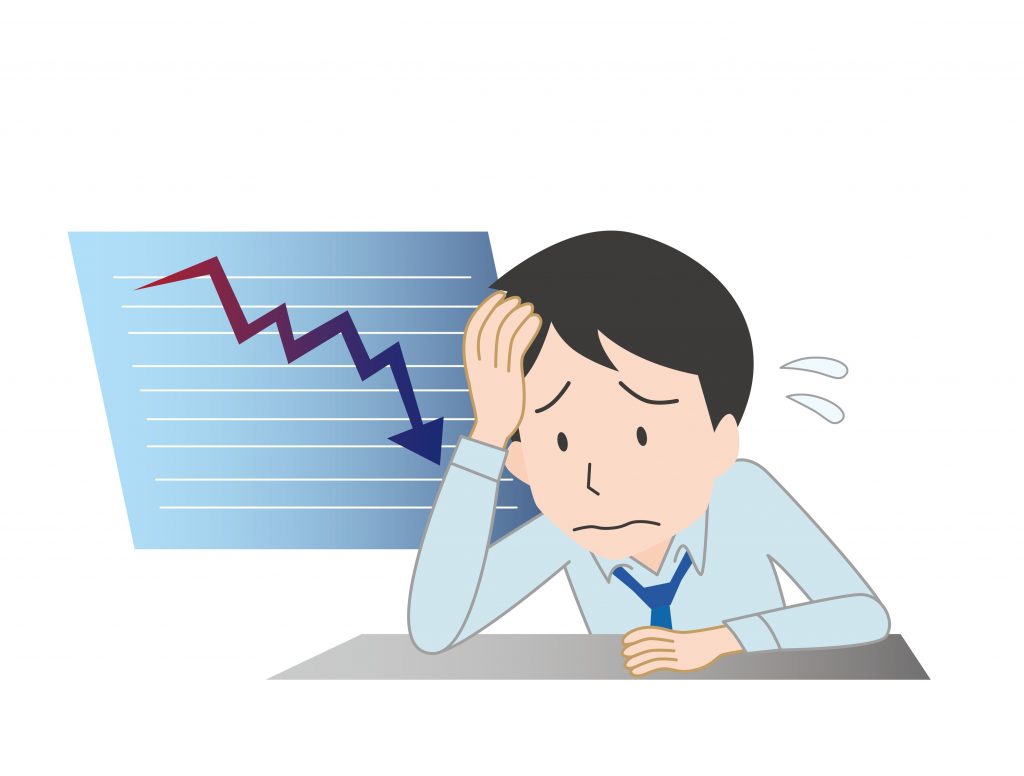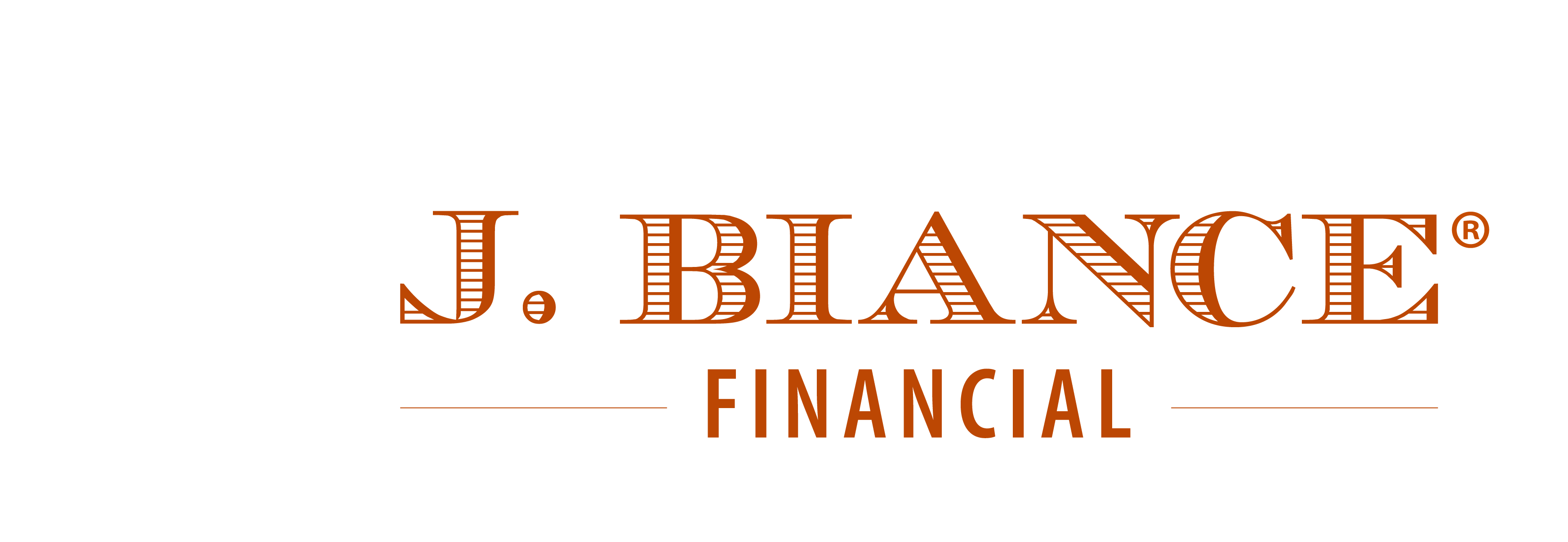Warren Buffett is considered by many to be one of the greatest investors of all time. Like most people of the greatest generation, he had humble beginnings. Warren grew up in Omaha, Nebraska and learned how to make money from a very young age, eventually building a profitable pinball machine business…before graduating high-school.
In 1950, after begrudgingly finishing college to please his father, Warren read a book that would change his life, “The Intelligent Investor” by Benjamin Graham. He was elated to find out that Mr. Graham was still alive and teaching at Columbia Business School, so he decided to reach out to contact the professor. Warren had recently been denied from Harvard’s graduate program and was still eager to learn business.

Mr. Graham saw promise in Warren and took him under his wing teaching him the fundamentals of value investing, which would one day make him the wealthiest man on the planet. He often says that working for Ben Graham was one of the most pivotal points in his life. Warren ardently advocates for young adults to find people they look up to and sit at their feet to learn.
“The Intelligent Investor” was a book that shaped Warren’s professional life. One quote from that book is a mantra of sorts for Warren’s investment style, “Successful investing is about managing risk, not avoiding it.” Warren knew that in order to achieve a competitive return, an investor must take on risk. However, he is very adamant about taking on calculated risk. Mr. Graham had taught Warren one of the foundational principles of investing: losses can affect your portfolio substantially more than subsequent gains.

We are not sure how this COVID-19 pandemic will unfold however we can look back at historical events in their totality. The Financial Crisis that began in the fall of 2007 and continued through March of 2009 was devastating for many. The problem, however, wasn’t simply that people were invested in the stock market, it is that many people were invested in the stock market improperly.
In laymen’s terms, many people thought they were invested much more conservatively than they actually were. This was a rude wake-up call when we entered into the bear market. We don’t want a steep decline in the stock market to inform us that we are improperly invested, we want to know that beforehand.
Due to substantial Federal Government intervention, the stock market has rebounded significantly since the lows experienced during the shutdown period aimed at slowing the spread of the virus. The question remains: what will the future hold? Will your Financial House weather the next storm?

Pre-retirees and retirees should be keenly concerned with risk-adjusted return. According to Investopedia, risk-adjusted return measures an investment’s profit after taking into account the degree of risk that was taken to achieve it. An analogy may help to illustrate this better:
Portfolio A has 6 units of risk and has a potential return of 10 units of gains
Portfolio B has 3 units of risk and has a potential return of 10 units of gains
In this example, Portfolio B seems more advantageous due to the fact that it has 3 units of risk vs. 6 units of risk and still has the same potential return. In this metaphor, Portfolio B has a better risk-adjusted return.

An investor approaching or currently in retirement needs to know how much risk they are currently holding in order to invest wisely. The goal would be to put this investment risk into dollars and cents. Do you know where the vulnerabilities are in your portfolio?
Would you like an unbiased, third-party analysis of what you own? Please feel free to give us a call 863-304-8959, we look forward to providing you with a custom and complimentary report so that you can have a better understanding of your financial landscape.
Investment advisory services offered only by duly registered individuals through AE Wealth Management, LLC (AEWM). AEWM and J.Biance Financial are not affiliated companies. Investing involves risk including possible loss of principal. No investing strategy can guarantee against loss or ensure a profit. Insurance and annuity guarantees are backed by the financial strength and claims-paying ability of the issuing company. This information is provided for informational purposes only and is not intended to serve as the basis for any financial decisions.679495 – 7/20
[1] https://buffett.cnbc.com/2010-berkshire-hathaway-annual-meeting/


